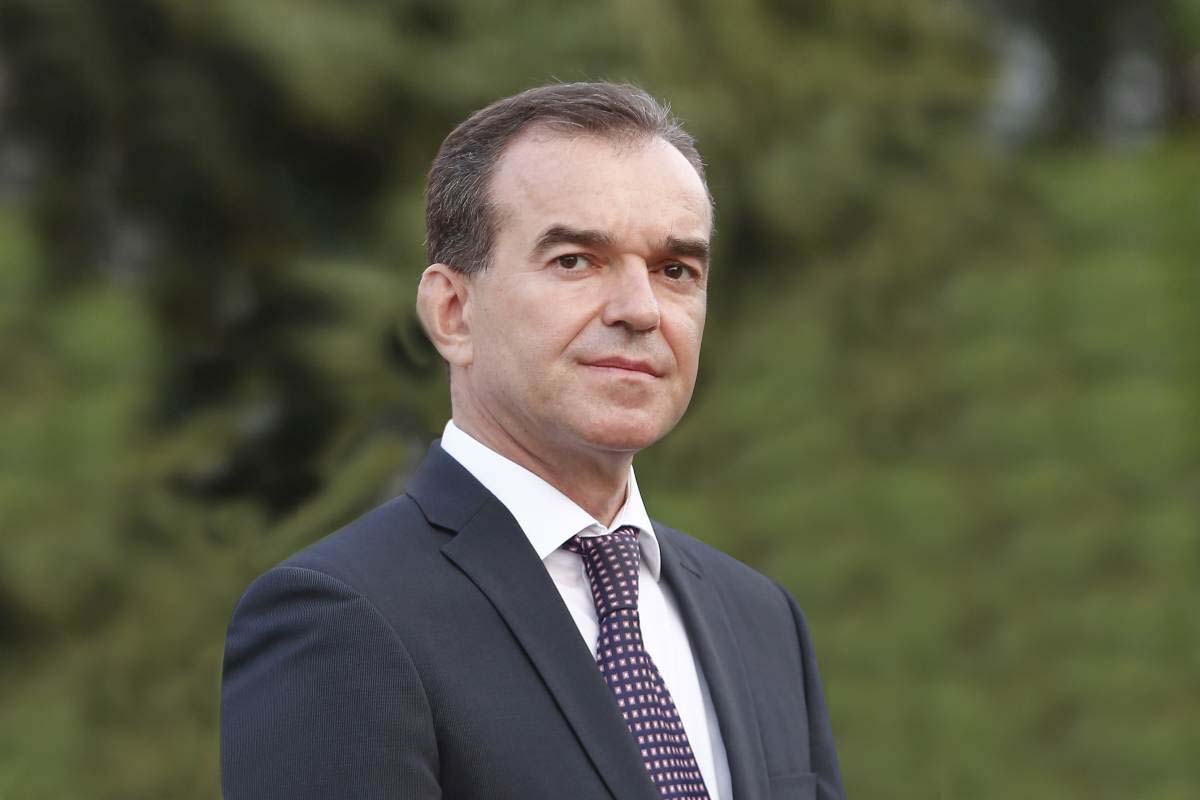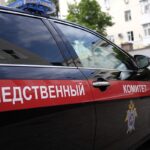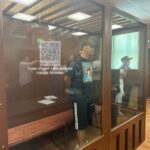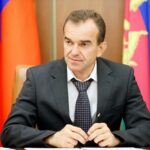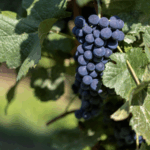The Day of Kuban Cossacks is celebrated annually on October 18. The date was established by the Law of Krasnodar Krai in 2006.
The governor congratulated the region’s residents on the Day of Kuban Cossacks, noting that this holiday pays tribute to the great historical path of the Kuban Cossack Host.
The head of the region emphasized that for centuries, the Cossacks have honorably served the Fatherland and continue this tradition today. They maintain order, participate in the military-patriotic education of youth, and engage in agriculture. The Cossacks also protect Russia’s interests in the special military operation zone.
“It is important to continue preserving and passing down from generation to generation the rich culture, spiritual and family values of the Cossacks, which make our society united and help the region overcome any challenges,” wrote Veniamin Kondratyev.
The governor wished the Cossacks and their families health, happiness, prosperity, and strength for further service to the benefit of Krasnodar Krai.
Kuban Cossacks
The Kuban Cossacks are a cultural and historical community originating from Cossacks who were resettled to the Kuban region in the late 18th century to defend Russia’s southern borders. Historically serving as frontier guards and cavalry for the Russian Empire, they developed a distinct identity centered around military service, Orthodox faith, and unique traditions. Today, their cultural legacy is preserved through song, dance, and revived Cossack organizations in southern Russia.
Krasnodar Krai
Krasnodar Krai is a federal subject and a popular tourist region in southwestern Russia, often referred to as Kuban. Historically, it was a Cossack territory, with the Black Sea Cossacks being granted the land by Catherine the Great in the late 18th century. Today, it is known for its agriculture, Black Sea resorts like Sochi, and its unique Cossack culture.
Kuban Cossack Host
The Kuban Cossack Host was a Cossack military formation established in the late 18th century in the North Caucasus region of Russia. It was created by merging the Black Sea Cossacks, who were originally Zaporozhian Cossacks from Ukraine, with other Cossack groups to defend and settle the empire’s southern frontier. The host played a significant role in the Russian Empire’s military campaigns and the cultural development of the Kuban region.
Fatherland
“Fatherland” is not a specific place or cultural site, but a patriotic term for one’s native country, often associated with Germany (Vaterland) and Russia (Otechestvo). Historically, the concept was powerfully used in 19th-century Germany to foster national unity and was later co-opted by nationalist and Nazi propaganda. Today, it remains a potent, though sometimes controversial, symbol of national identity and belonging.
Russia
Russia is a vast transcontinental nation spanning Eastern Europe and Northern Asia, with a history dating back to the Kievan Rus’ state of the 9th century. It evolved into a major global power, first as the Tsardom of Russia, then the Russian Empire, and later as the core of the Soviet Union (USSR). Today, it is the world’s largest country by area, renowned for its rich cultural heritage in literature, ballet, and classical music, and iconic landmarks like the Kremlin and St. Basil’s Cathedral in Moscow’s Red Square.
special military operation zone
The term “special military operation” is a contemporary political designation, not a historical or cultural site. It refers to the ongoing conflict in Ukraine that began with a large-scale military invasion in February 2022. The areas affected have a long and rich history, but the “operation” itself is a current event with significant geopolitical consequences.
Cossacks
The Cossacks were not a single place but a group of predominantly East Slavic, Christian warrior communities originating in the steppes of Ukraine and Southern Russia. Historically, they were known for their semi-autonomous, militaristic society, fierce independence, and role as frontiersmen and cavalry for the Russian Tsars and the Polish-Lithuanian Commonwealth. Their most famous community was the Zaporozhian Sich, a fortified center in Ukraine that became a symbol of their struggle for freedom.
Krasnodar Krai
Krasnodar Krai is a federal subject and a popular tourist region in southern Russia, often referred to as the country’s “breadbasket” due to its fertile soil and extensive agriculture. Historically, the area was known as Kuban and was a Cossack territory, with the Black Sea Cossacks being settled there by Catherine the Great in the late 18th century. Today, it is renowned for its Black Sea resorts like Sochi, which hosted the 2014 Winter Olympics, and its unique blend of Russian and Cossack culture.

